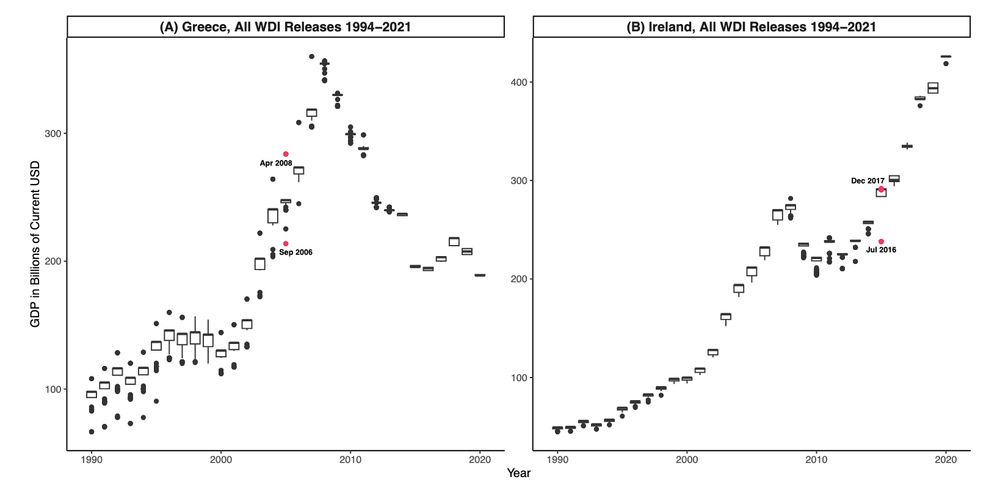Is Energy Conserved in General Relativity?
In flat spacetime (the backdrop for special relativity), you can phrase energy conservation in two ways: as a differential equation, or as an equation involving integrals (gory details below). The two formulations are mathematically equivalent. But when you try to generalize this to curved spacetimes (the arena for general relativity), this equivalence breaks down. The differential form extends with nary a hiccup; not so the integral form.
The differential form says, loosely speaking, that no energy is created in any infinitesimal piece of spacetime. The integral form says the same for a non-infinitesimal piece. (This may remind you of the "divergence" and "flux" forms of Gauss's law in electrostatics, or the equation of continuity in fluid dynamics. Hold on to that thought!)
An infinitesimal piece of spacetime "looks flat", meaning that even a non-zero curvature is hard to detect on an infinitesimal piece of spacetime; but the effects of curvature do become more evident in a non-infinitesimal piece. (The same holds for curved surfaces in space, of course.) In GR, the curvature of spacetime is "felt" by us as gravity. Now, even in newtonian physics, you must include gravitational potential energy to get energy conservation. And GR introduces the new phenomenon of gravitational waves; perhaps these carry energy as well? Perhaps we need to include gravitational energy in some fashion, to arrive at a law of energy conservation for non-infinitesimal pieces of spacetime?










